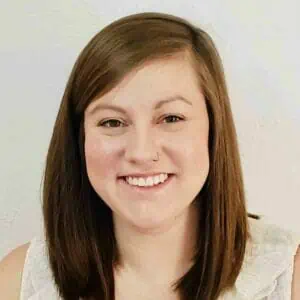Model systems have allowed researchers to study Dravet syndrome in ways that would not be possible in a human patient. Uncovering the genetic cause of Dravet syndrome (mutations in the SCN1A gene) enabled the development of animal models carrying similar mutations and displaying characteristic symptoms of Dravet syndrome. These animal models include flies, zebrafish, mice, and even a newly developed rabbit. In addition to animal models, cultured cells in a dish have also been beneficial to teasing apart additional aspects of Dravet syndrome. Some of these cell models have come directly from patients, enabling researchers to study these cellular aspects of Dravet syndrome in the context of the full genetic background of patients.
An important cellular model derived from patients are induced pluripotent stem cells, or ‘iPSCs.’ Researchers are able to collect skin or blood cells from a patient and then put those cells through a process called ‘reprogramming’ that induces them to become stem cells. Stem cells are the cells that give rise to all the other cells that make up the body; the term pluripotent means that iPSCs have the potential to become many other cell types. In a laboratory, iPSCs can be directed to turn into specific cell types by exposure to special factors and growth conditions. Researchers have utilized iPSCs from patients with Dravet syndrome to study cell types like neurons and heart cells, and even to create organoids that contain many types of cells found in the brain in an organized three-dimensional culture.
DSF is beginning an initiative to establish iPSCs from five (5) patients with Dravet syndrome that will be available commercially at a very low cost. Our objective is to have cell lines that are representative of several types of SCN1A mutations that cause Dravet syndrome from both male and female patients. This will allow researchers in academic and biopharmaceutical industry settings to easily access an important resource for studying Dravet syndrome and developing new therapies. DSF is establishing these lines through a partnership with the Orphan Disease Center Biorepository at the University of Pennsylvania and a contract with Coriell Institute for Medical Research.
If you have a loved one with Dravet syndrome and are interested in participating by contributing cells to this research resource, ensure they meet the below criteria and then contact our Chief Science Officer, Dr. Veronica Hood: veronica@dravetfoundation.org
Criteria for participation*:
- Participants must reside in the United States.
- Participants must have a confirmed diagnosis of Dravet syndrome and a copy of their genetic report indicating a causal mutation in the SCN1A gene.
- Participants must be able to travel to a medical provider or phlebotomist to have 2 vials of blood drawn.
- Caregivers of participants will be asked to share some demographic and medical information about the patient with Dravet syndrome. De-identified data will be stored and distributed with the cell lines.
*Additional criteria may apply. A full consent will be reviewed prior to participation.


